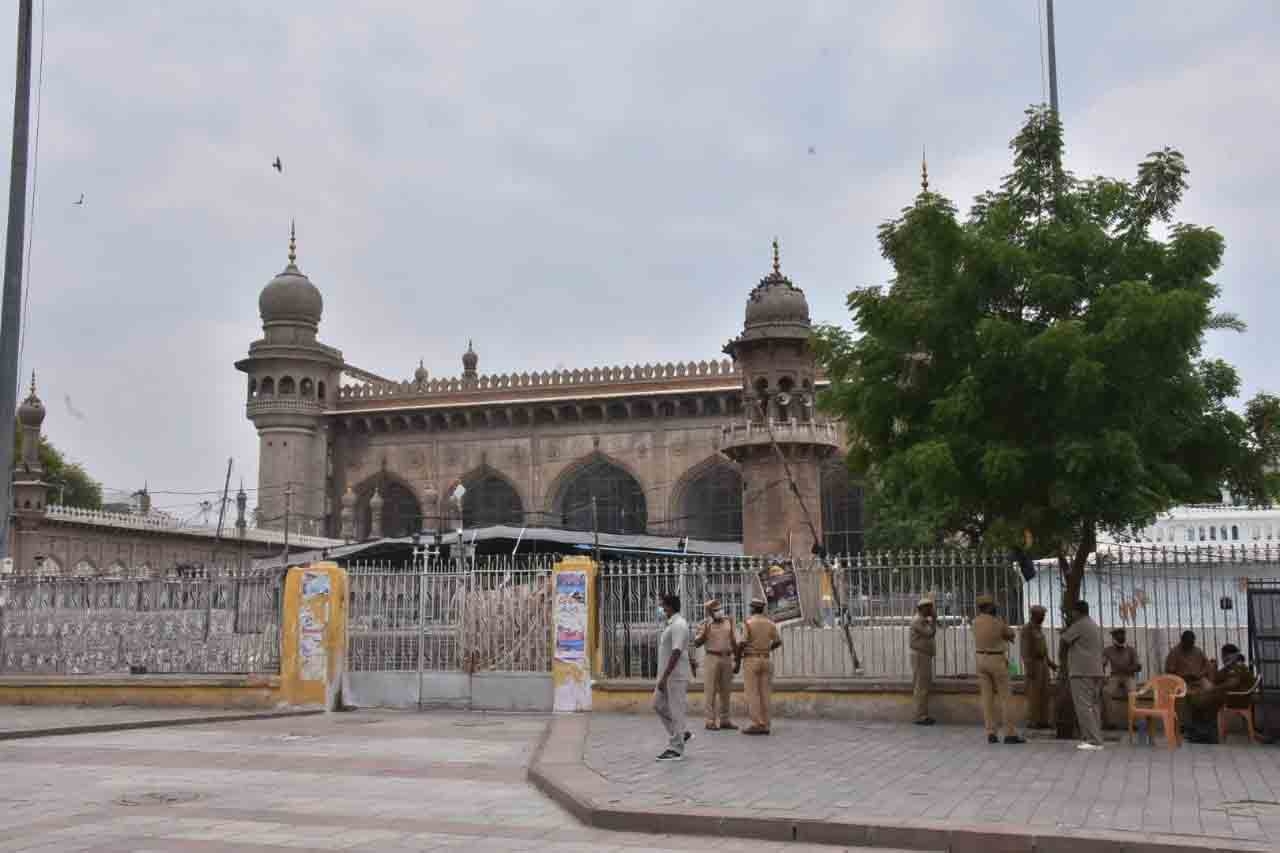This is as per an assessment of experts from the Centre on tour of Telangana, Andhra.
Hyderabad: The current third wave of the Covid-19 outbreak in most states is expected to peak by July end or the first week of August, according to an interim assessment of medical experts from the Centre on tour of southern states of Telangana and Andhra Pradesh. Soon, the daily average cases might touch a high of 100 in each of these two states, going by the present trends here.
Teams of doctors and medical experts under the aegis of the Union Ministry of Health are currently touring Andhra Pradesh and Telangana, followed by a similar exercise by the inter-ministerial central teams (IMCTs) last fortnight. If IMCTs focused on all aspects of implementation of lockdown in the country, the health ministry’s teams confined to Covid cases and spread of the pandemic in special areas and treatment.
Telangana and Andhra Pradesh are now reporting around 50 new positive cases per day in the last few days as against around 2,900 positive cases at the national level. After excluding Maharashtra, Gujarat and Delhi, which have a higher daily average, the new positive cases from the south are moderate or less alarming, according to sources which interacted with these health teams.
In the entire country, as of now, the outbreak of pandemic is categorised into three waves—first from those who had returned from abroad (between January and March); the second from those who had attended the Tablighi-e-Jamaat’s meeting in Delhi early March and the third is from migrant labourers who started moving around since mid-May. An official of the medical and health department of Telangana said: “By May first week, most of the Tablighi cases and their primary contacts have been discharged from hospitals and quarantine centers, while a few of secondary contacts (who were in touch with the primary contacts) are still under observation. They, too, will be discharged and allowed home stay for a period of 14 days, may be till May end.”
The official who coordinated tours of IMCTs and the health experts’ teams is of the view that the fresh round of positive cases were from the migrant labourers who had returned from Maharashtra and other places in the country by trains in the last week. At one stage, the fresh positive cases fell to single digit per day by 5 May, but drastically increased to 40 and above since 10 May, because of this influx, he said. Same is the case with Andhra Pradesh, where the number of cases touched 2,300 and may soon cross the 3,000 mark by next week, going by the current trend of around 80 positive cases per day. But, significantly, the recovery rate, too, is impressive—at 51%, while the mortality rate is well under control at around 3%. Now, Telangana has 500 active cases with 34 deaths, while Andhra Pradesh has 850 active cases and 68 deaths.
In India, neither the Union Ministry of Health nor the ICMR (Indian Council for Medical Research) rely on any mathematical modeling, but rough estimates by the doctors at the designated Covid treatment centers put the possible peak daily average of positive cases at 300 cases by July end; after that, things may settle down and curves flatten. There are no estimates about the coming rainy and winter seasons.
What gives the medical experts some hope of dwindling curve of positive cases within the two months is the absence of any community spread in these states. Most of the positives detected now are from a few families, contracted the virus from asymptomatic persons. For example, as many as 47 cases were found from just three families in Hyderabad and all of them were linked to the Tablighi meet.
Similar is the situation in Andrhra Pradesh, which is badly affected with several new positive cases from just two big cites—Kurnool and Guntur.
These two cities are hit by Tablighi attendees who refused to report to the officials for several days. This delay cost them dearly and all of their family members had contracted the virus in the last three weeks.
The Central health teams told the states to be prepared for another two months of gruelling time when the new cases are expected to increase sharply. “We are facing two kinds of challenges now, one is persons who come from other states and other countries too, through the Vande Bharat evacuation programme, which might bring around 5,000 people to the two states,” said a senior official of the Health ministry.
The second challenge is the possible easing of restrictions of lockdown by the governments in the coming few days. Andhra Pradesh Chief Minister Y.S. Jagan Mohan Reddy has already decided to relax restrictions in all areas, except the containment zones, while his Telangana counterpart K. Chandrasekhar Rao is readying for graded easing of lockdown beginning Monday. In Telangana, the lockdown is declared till 29 May.

